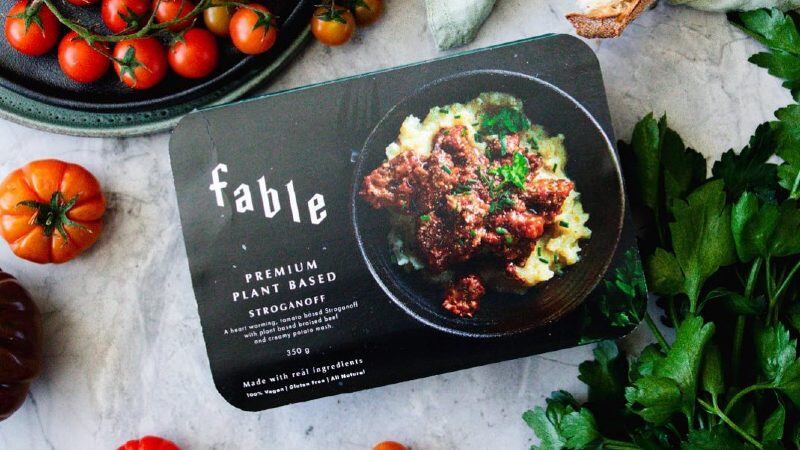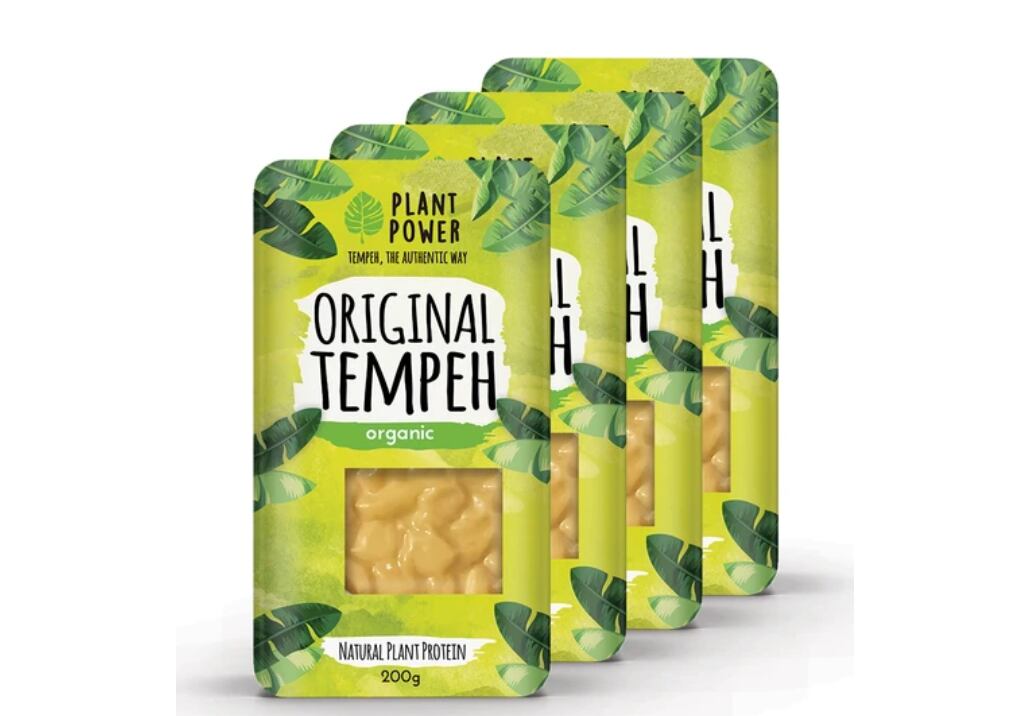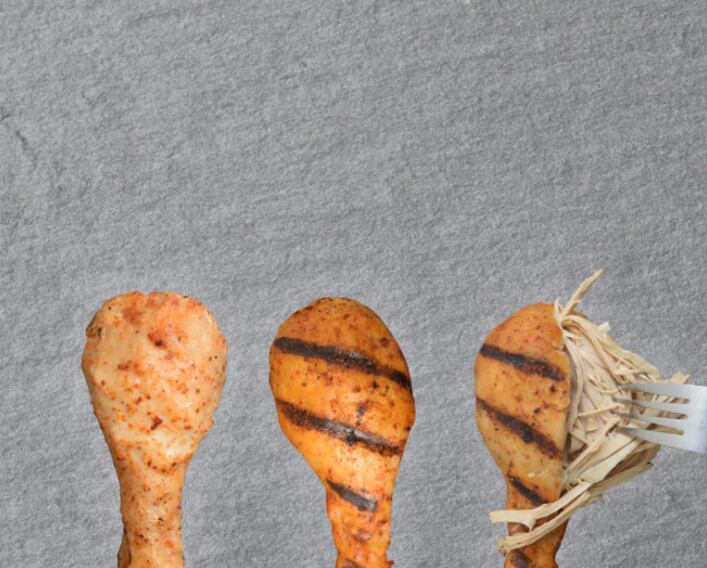When we last spoke to the firm, its premiumization and minimal processing approach had just entered the spotlight with both aiding it to achieve price parity despite competing with many other brands in Australia’s biggest supermarkets Coles and Woolworths, as well as Harris Farm.
Fable Food recently obtained a healthy AUD6.5mn (US$4.8mn) in new investments during its latest seed funding round, and the firm is planning to use these funds to aid its entry into multiple new markets.
“International expansion is definitely one of the main plans we have for the investment – we’ve been very focused on Australia till date and are in the big supermarkets as well as some good restaurants such as Grill’d, so now we’re looking to go further,” Fable Food Co-Founder and CEO Michael Fox told FoodNavigator-Asia.
“The time is ripe as now we have partnered with Country Foods in Singapore, which is one of the largest food distributors and manufacturers in the country, with networks in various other Asian markets as well, so we are seriously looking at expanding broadly and rapidly both in Singapore and into Asia.”
Country Foods is a wholly-owned subsidiary of SATS Food Services, which also collaborates with brands such as Impossible Foods and Cavendish Farms.
“Singapore is our first target in Asia because it’s a good mix of East and West, and one of the most advanced in terms of meat alternative consumption per capita, plus we have investors there and it is also close to our co-manufacturing partners in Malaysia,” said Fox.
“We are treading a bit more cautiously as opposed to going too hard, too fast for the rest of Asia as we are aware that the cuisines are very different so we will need to tailor our products and formats and the funds will help with that – but Singapore is definitely a good starting point.
“In the meantime though, we’ll also be looking at even further international expansion to more western markets first, such as the UK where we already have some presence through partnerships with celebrity chef Heston Blumenthal, and we will also be launching into the United States by end-2021.”
The other main plan for the new investment will be to intensify new product development. Fable Food currently specializes in more premium slow-cooked alternative meat ready-to-eat products such as pulled pork and braised beef, and the idea is to invest in improving these and creating more mass-market products as well.
“We’ve already managed to do well with the slow-cooked products and now are looking in the area of products [that are more common to the market, yet still allow for us to maintain price parity] such as a meaty mushroom burger,” said Fox.
“As we scale up and are able to produce more mushrooms and source these more widely, costs will continue to go down too.”
Foodservice vs retail
Like many meat alternative firms before them such as Impossible and Beyond, Fable is also looking to go down the path of B2B launches before B2C, despite already having done its successful retail launch in top Australian supermarkets.
“Retail in Australia is working well, but based on sales volume, logistics, margins, operations and marketing complexity, our experience tells us that retail is so much more challenging than foodservice, and that the latter is the area to target first,” said Fox.
“It is so important to make a big impactful statement where the products are nicely presented to consumers and give them a good first experience [so that they return], and this is much easier to manage via foodservice.
“So the idea is to focus here first to build up awareness then circle back to retail such that by that time, people will have already tried the products and then would buy these to cook at home for themselves.
“That’s not to say retail is not a focus though - we’re still very much going to be keeping our retail presence, and will also expand to work with premium partners to value-add to products, such as dumpling manufacturers or curry manufacturers making RTE products, where we can do co-branding with Fable as a secondary brand.”





